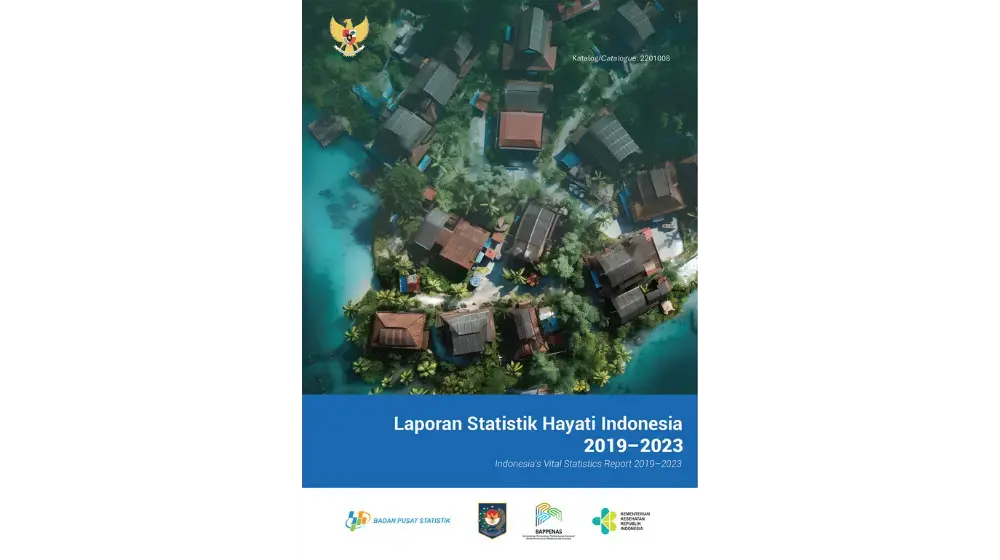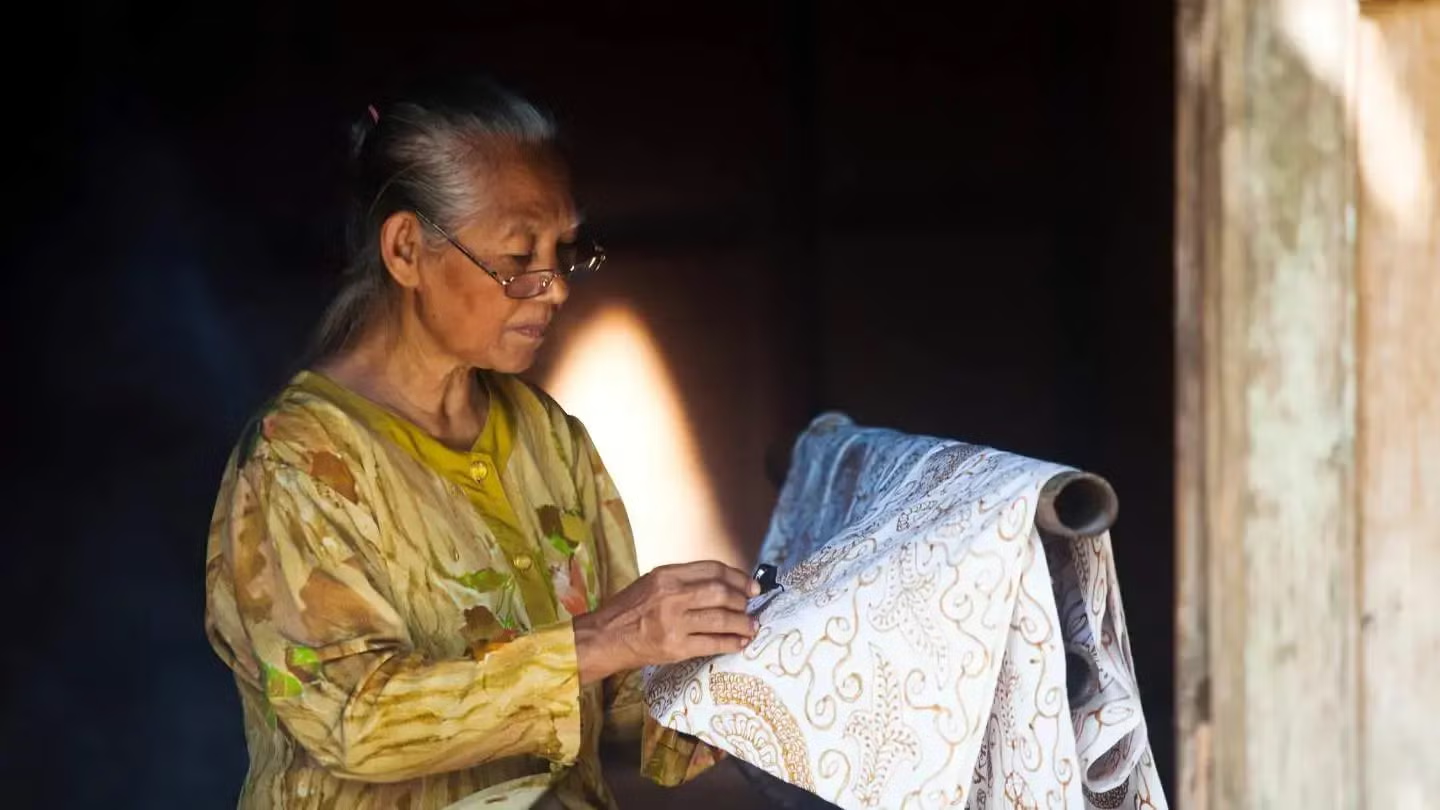Statement on the International Day of Older Persons, 1 October 2013
Dr. Babatunde Osotimehin, United Nations Under-Secretary-General and UNFPA Executive Director
Today, we celebrate the International Day of Older Persons under the theme, “The Future We Want: What Older Persons Are Saying”. Indeed, with 841 million older persons in the world in 2013, representing almost 12 per cent of the world’s population, we can no longer afford not to listen to what they are saying.
We must listen, but we must also act on what we hear. And we are hearing again and again that older persons want to remain active and respected members of society. They have so much to offer. They are experienced workers, custodians of culture, and caregivers of grandchildren. They are volunteers and entrepreneurs. They are mentors, transferring knowledge and skills. And they have so much more to contribute.
Action must be taken now to better address the needs of older persons today and also to prepare for future generations – in fact, to prepare for our future. As the global community crafts a post-2015 development agenda, we must make certain that we listen to the voices of older persons to ensure that their issues and concerns are considered.
There are three areas in particular where change is needed to ensure that both young and old are given the opportunity to contribute to development and share in its benefits.
First, there is an urgent need to guarantee income security and access to essential health and social services for older people. This requires strong political commitment and planning now to implement the necessary reforms.
Second, we must acknowledge that investing in young people today is the best way to improve the lives of future generations of older persons. But this must be combined with flexible employment, lifelong learning and retraining opportunities to enable and encourage current generations of older people to remain in the labour market.
Finally, we must involve everyone – governments, civil society, communities, families and older persons themselves – to ensure that they remain active members of their societies and their contributions recognized and encouraged.
The future will be determined by how we address the challenges of population ageing and maximize the opportunities of a growing older population. UNFPA works to ensure that all people everywhere can age with dignity, security and confidence, while enjoying all their human rights and fundamental freedoms. This is the future we want for everyone.
Tags: ageing, population




